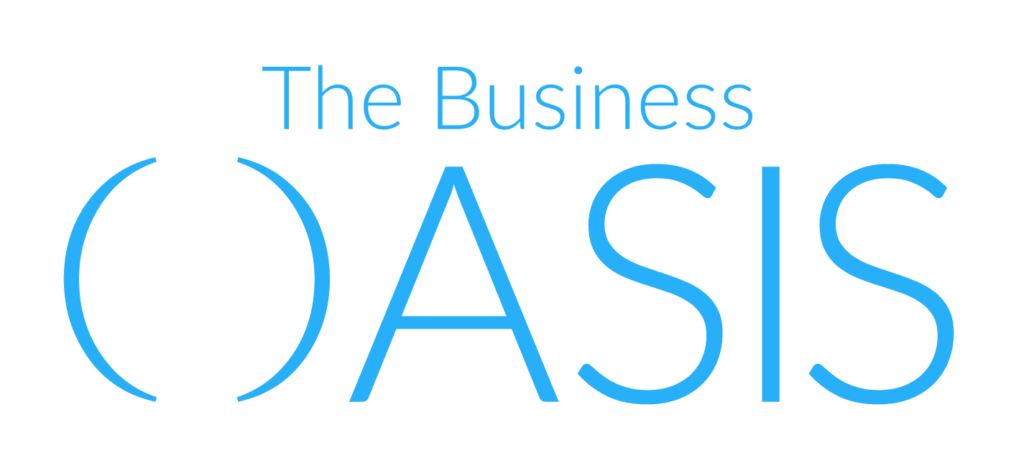Certified Bookkeeper: Why it’s Great for Your Business
In Australia’s bustling business environment, a certified bookkeeper is an invaluable asset, ensuring accuracy and compliance in financial management. If you’re on the lookout for such experts, understanding the certification process, its significance, and the pathway to achieving it is crucial. This guide aims to demystify certification for businesses seeking to hire certified bookkeepers, addressing common questions and spotlighting the benefits of working with these professionals.
Understanding the Role of a Certified Bookkeeper
Certification marks a bookkeeper as highly skilled and ethically sound. Esteemed bodies like the Institute of Certified Bookkeepers (ICB) and the Association of Accounting Technicians (AAT) Australia confer this status on individuals who meet rigorous education and experience standards, showcasing their commitment to professionalism and ongoing education.
The Benefits of Hiring a Certified Bookkeeper
Professional Recognition
Certified bookkeepers are celebrated for their expertise and dedication to maintaining quality standards, setting them apart in the field.
Enhanced Job Prospects
These professionals often enjoy better job opportunities, command higher salaries, and take on pivotal roles within organisations, thanks to their proven skills.
Access to a Professional Community
Certification opens doors to a supportive network of peers and a wealth of resources, providing continuous backing.
Trustworthiness
With their adherence to the latest standards and ethical practices, certified bookkeepers earn the trust and reliance of employers and clients alike.
Navigating the Certification Process
Educational Requirements
Embarking on certification starts with acquiring the right education. Typically, a Certificate IV in Accounting and Bookkeeping is required, covering key areas like accounting principles, Australian tax law, payroll management, and financial statement preparation.
Practical Experience
Hands-on experience is crucial. For instance, the ICB mandates at least two years of bookkeeping experience to ensure candidates possess the necessary practical skills.
Membership and Certification
After meeting educational and experiential requirements, aspiring bookkeepers can apply for membership in their chosen professional body. The application often includes assessments or exams, with certification granted upon successful completion.
Ongoing Learning
Certified bookkeepers commit to continuous learning through Continuing Professional Education (CPE) to keep abreast of industry developments.
Choosing a Certified Bookkeeper: A Strategic Move
Engaging a certified bookkeeper is a strategic decision for Australian businesses aiming for financial diligence and compliance. These professionals bring not just their expertise, but also a commitment to upholding the industry’s highest standards. As you consider hiring a certified bookkeeper, remember it’s an investment in the financial health and success of your business. Understanding the certification benefits and process empowers you to make an informed decision, ensuring your business’s financial management is in skilled hands, whether you’re a growing startup or an established enterprise.

